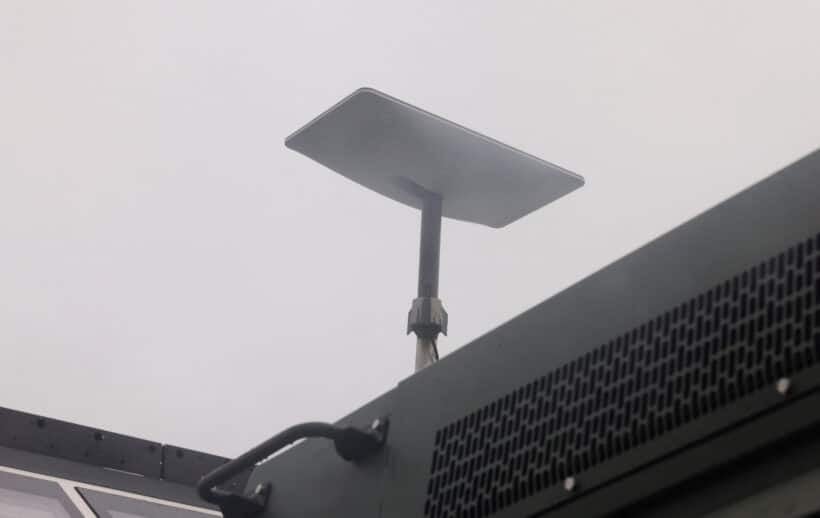
CAPE TOWN, Nov 15 (Reuters) – South Africa’s information and communications technology sector needs policy and regulatory changes to keep up with emerging technologies, the chair of the country’s communications regulator told Reuters.
Technological advances such as satellite internet and artificial intelligence are forcing governments and regulators worldwide to revamp their oversight of the industry.
Mothibi Ramusi, the new chair of the Independent Communications Authority of South Africa, or ICASA, told Reuters one of his priorities was to ensure the regulator adapted to change.
The regulator is working on finalising its five-year strategy plan, which will guide its priorities going forward.
“As we have it right now, our legislative frameworks are still a barrier to leapfrog into the future,” he said on the sidelines of Africa Tech conference on Thursday.
“The first priority to get things right is we need to revamp the entire ICT framework. The policy needs to be reviewed, the ICASA Act and other associated acts, like the Electronic Communication Transaction Act.”
South Africa is yet to sign into law proposed amendments to the Electronic Communications Act, which have been in discussion for years. The bill, among other things, proposes new regulations for mobile virtual networks and allows spectrum sharing.
The regulator has also initiated an inquiry into the licensing framework for satellite-internet providers to provide clear rules for potential operators in the country, amid the growing demand for Starlink, operated by Elon Musk’s SpaceX.
Submissions for comments were closed this week and ICASA will analyse the inputs and begin public consultations before finalising the appropriate licensing framework, Ramusi said.
“We are mindful that whilst you’re talking infrastructure expansion, there are other areas where you might not be able to connect people with what you call terrestrial infrastructure,” Ramusi said.
“So satellite becomes another infrastructure layer that we need because you need rapid deployment. In South Africa, we are embracing that.”
South Africa was one of the first few African countries where Starlink wanted to launch its satellite internet but is hindered by the country’s regulations, which require foreign-owned companies to sell a 30% stake to historically disadvantaged groups in order to operate in country.
(Reporting by Nqobile Dludla; Editing by Christina Fincher)

